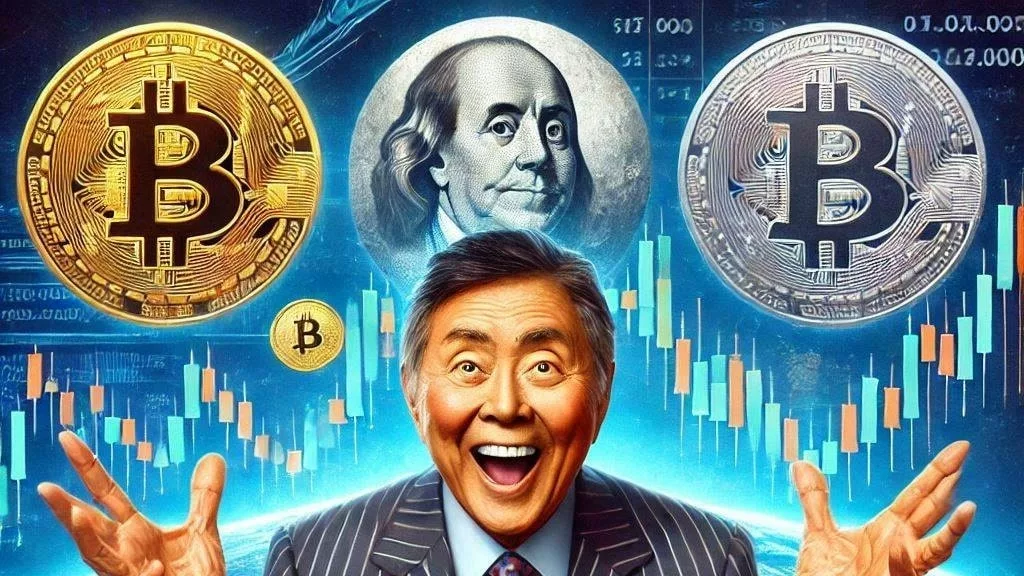
Robert Kiyosaki, the author of 'Rich Dad Poor Dad,' has recently intensified his warnings about an impending global financial crisis. He cites the recent closure of a bank in Oklahoma as a significant indicator of instability within the banking sector, claiming that this crash has already begun. Kiyosaki expresses deep concerns about the risks facing bonds and the commercial real estate markets, suggesting that these sectors could be severely impacted by the ongoing financial turmoil. He describes the U.S. dollar as a 'fake' product of a corrupted monetary system and predicts that the country is on the brink of the worst economic crisis since the Great Depression of 1929. His perspective aligns with his previous critiques of the Federal Reserve's policies, which he believes have exacerbated inflation and economic instability.
In light of these alarming developments, Kiyosaki advocates for investing in scarce assets such as gold, silver, and Bitcoin as a means of financial protection. He emphasizes that these tangible assets can serve as a hedge against the potential collapse of the U.S. dollar and the broader economic system. Kiyosaki's recent comments reflect a broader narrative about the importance of financial literacy and proactive investment strategies in times of economic uncertainty. He criticizes the U.S. financial system, labeling it a 'Den of Thieves,' and points to historical events such as the 1965 silver coin replacement and the 1971 abandonment of the gold standard as pivotal moments that have led to current economic challenges.
As inflation continues to rise, particularly in food prices, which increased by 0.4% in September 2024, Kiyosaki's warnings serve as a guide for individuals seeking to navigate these turbulent financial waters. He encourages people to prepare for potential market crashes and to create passive income streams, emphasizing resilience and continuous learning in the face of economic challenges. Kiyosaki's insights are particularly relevant as many Americans grapple with the realities of high inflation and the potential for a banking crisis, urging them to take proactive steps to secure their financial futures. He critiques traditional financial planners and education systems for misleading the public, advocating instead for self-education in finance as a crucial strategy for navigating the current economic landscape.